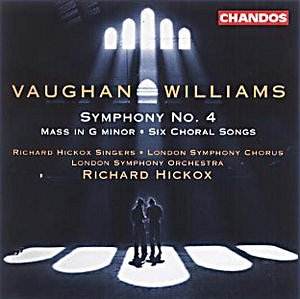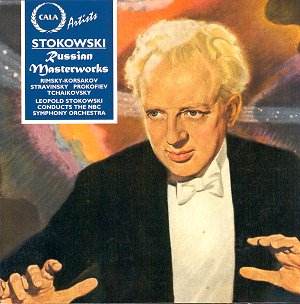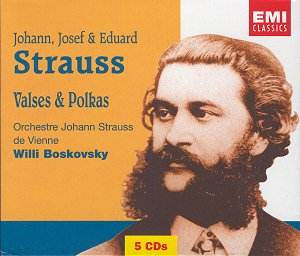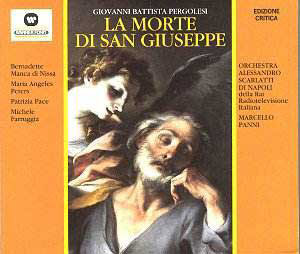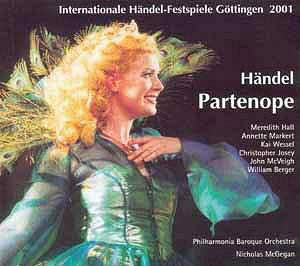 Composer: Georg Friedrich Haendel
Composer: Georg Friedrich Haendel
Works: Partenope
Performers: Meredith Hall (soprano), Kai Wessel (countertenor), Annette Markert (mezzo-soprano), Christopher Josey (countertenor), John McVeigh (tenor), William Berger (bass)
Recording: Göttingen International Handel Festival, May 30 to June 5, 2001
Label: Göttingen Handel Society
Haendel’s Partenope, composed in 1730, stands as a remarkable testament to the composer’s ability to intertwine complex emotional narratives with vivacious musicality. This opera, which highlights themes of love and deception amidst a backdrop of vibrant character dynamics, exemplifies Haendel’s mastery in blending the baroque operatic form with engaging storytelling. The current recording, captured during the Göttingen International Handel Festival, provides an important opportunity to experience this work in a live context, albeit with notable challenges that affect the overall reception of the performance.
The interpretation provided by the Philharmonia Baroque Orchestra under Nicholas McGegan is generally vibrant, with the orchestral textures well articulated. However, the live setting introduces a significant distraction: the intrusive audience noise, which at times drowns out the delicate nuances of the performance. The audience’s enthusiastic applause after nearly every aria, while indicative of their engagement, becomes excessive and detracts from the operatic flow. Particularly intrusive are the sounds of movement and laughter during the recitatives, which disrupt the dramatic narrative that Haendel so carefully crafted. Such distractions create a listening experience that feels less polished than one would anticipate from a major operatic production.
Soprano Meredith Hall’s portrayal of Partenope is earnest but ultimately marred by fatigue; her voice occasionally betrays a struggle with higher tessituras and an over-reliance on vibrato, undermining her ability to convey the character’s emotional depth. In contrast, Annette Markert’s performance as Rosmira stands out, characterized by clarity and strength. Her execution of the aria closing the first act, which features the horns, is both technically secure and artistically compelling. Here, the interplay between voice and orchestration illustrates Haendel’s genius in blending lyrical beauty with instrumental color.
The recording also reveals imbalances among the ensemble. The two countertenors, Kai Wessel and Christopher Josey, while competent, lack the required precision, and their contributions at times blend into the background rather than enhance the overall texture. John McVeigh’s tenor is commendable; however, he too falls into the trap of excessive vibrato, which detracts from the lyrical lines placed before him. The collective sound during the choral passages leaves much to be desired, lacking homogeneity and coherence, suggesting either a lack of rehearsal or insufficient ensemble training.
Technical aspects of this recording reveal further shortcomings. The engineering choices lead to a fluctuating balance between soloists and orchestra, with the latter occasionally overpowering the singers, particularly during dynamic sections such as the horns in “Io seguo sol fiero.” A live recording can often encapsulate the immediacy of performance, yet this particular effort feels poorly managed in terms of sound quality, leaving listeners yearning for a more refined auditory experience.
While the music itself remains consistently superb—a sentiment echoed by musicologist David Vickers—the recording fails to deliver the engaging and immersive experience that such a vibrant work deserves. Compared to other notable recordings of Partenope, which often achieve a delicate balance between performance and production, this live iteration falls short. For those willing to navigate the challenges of audience distraction and sound quality, glimpses of brilliance can be found, particularly in Markert’s performance; yet, on the whole, this recording lacks the coherence and polish that one would hope to encounter in a presentation of Haendel’s operatic masterpiece.
